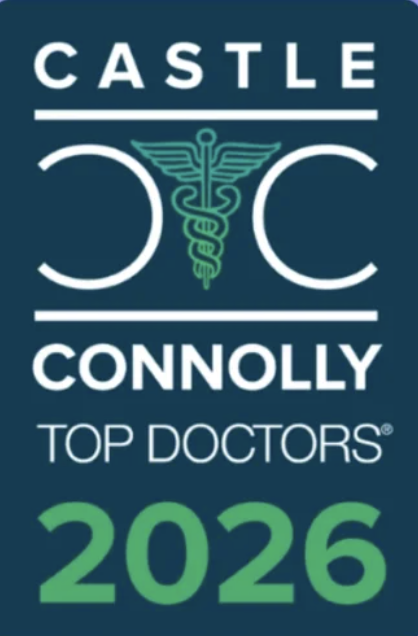Sleep Apnea Increases Mortality: An Overview
Clinical studies have shown that severe Obstructive Sleep Apnea, left untreated, leads to premature death. Hence, Sleep Apnea, meaning “sleep without breath”, is often called the “Not-So-Silent-Killer'' due to its association with loud snoring. It’s a common problem with fatal consequences.
The research is conclusive that premature death correlates with Sleep Apnea:
- Risk of heart attack or stroke increases by 30% over four to five years – Yale School of Medicine, 2007
- Risk of stroke increases by two or three times – American Journal of Respiratory and Clinical Care, 2010
- Risk of sudden heart attack is greater – Journal of the American College of Cardiology, 2013
- A total of 231,418 OSA-related deaths occurred between 1999 and 2020, with 63% of these in men – American College of Chest Physicians, 2023
- Risk of sudden death is greater – BMJ Open Respiratory Research, 2020
Sleep Apnea occurs when your tongue or excess tissue blocks the upper airway, reducing blood oxygen levels and increasing blood pressure. In order to breathe, people wake up multiple times, sometimes gasping for air. The brain essentially saves people from dying in their sleep by yelling “Wake Up!”
Most people resume breathing, but the stress on the cardiovascular system increases the risk of heart attacks and strokes. A mortality study conducted in 2008 showed that 40% of premature deaths were caused by heart disease, five times greater than those without Sleep Apnea. Furthermore, Sleep Apnea increases the risk for insulin resistance and type 2 diabetes.
Those with Sleep Apnea may also suffer from fatigue and daytime sleepiness, yet studies showed that severe Sleep Apnea was associated with higher death rates whether or not people experienced daytime sleepiness.
The risk of premature death from Sleep Apnea increases with age, weight, comorbidities, and the severity of Sleep Apnea. Those with moderate and severe Sleep Apnea–meaning an AHI (apnea-hypopnea index) greater than 30–should get treated immediately with CPAP or Oral Appliance Therapy.
Make an Action Plan: Get Tested
The dangers of Sleep Apnea are not understood by the public and many in the medical profession, and often ignored. If you’re snoring loudly; waking up gasping; or suffering from daytime sleepiness, we recommend you make a same-day telemedicine appointment with a Sleep Specialist at bluesleep.com to review your sleep problem and get a simple home sleep test shipped to your home. We’ll evaluate your sleep issue and recommend a treatment that solves your problem.
References
AASM.org: Study shows that people with sleep apnea have a high risk of death
A study in the August 1 issue of the journal Sleep shows that people with severe sleep apnea have a much higher mortality risk than people without sleep apnea, and this risk of death increases when sleep apnea is untreated.
“We found that both men and women with sleep apnea in the general population – not patients – mostly undiagnosed and untreated, had poorer survival compared with persons without sleep apnea, given equal BMI, age and sex,” said principal investigator and lead author Terry Young, PhD, professor of epidemiology at the University of Wisconsin-Madison.
Amdnews: Link strengthened between sleep apnea and mortality risk
The second study in Sleep also found that moderate-to-severe sleep apnea was an independent risk factor for dying. Fourteen years after collecting initial data on sleep apnea for 380 men and women in the state of Western Australia, researchers found that about 33% of those with moderate to severe apnea had died, or six of 18 participants, compared with 7.7%, or 22 of the 285 without apnea.
"The size of the increased mortality risk was surprisingly large," said Nathaniel Marshall, PhD, a postdoctoral fellow at Australia's Woolcock Institute of Medical Research. "In our particular study a six-fold increase means that having significant sleep apnea at age 40 gives you about the same mortality risk as somebody aged 57 who doesn't have sleep apnea."













